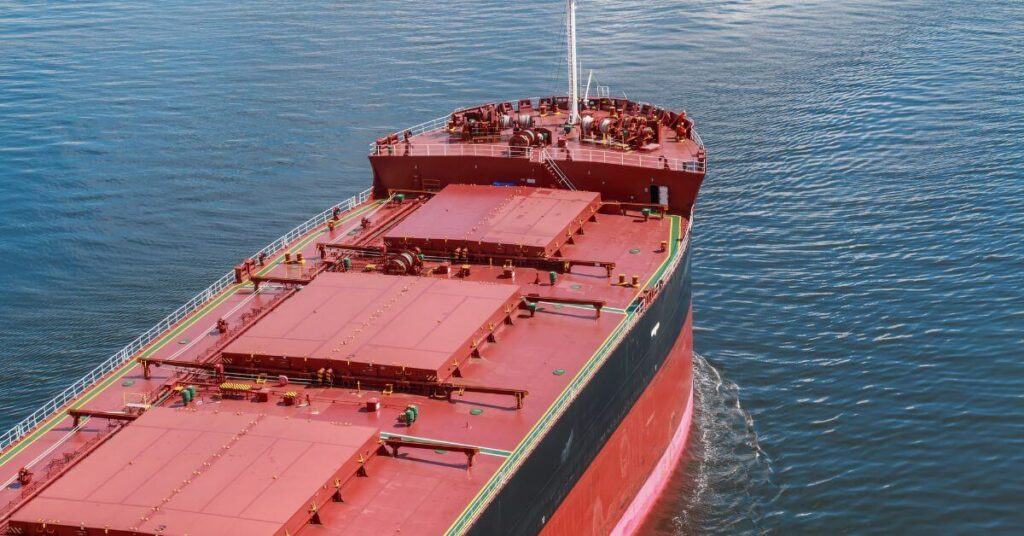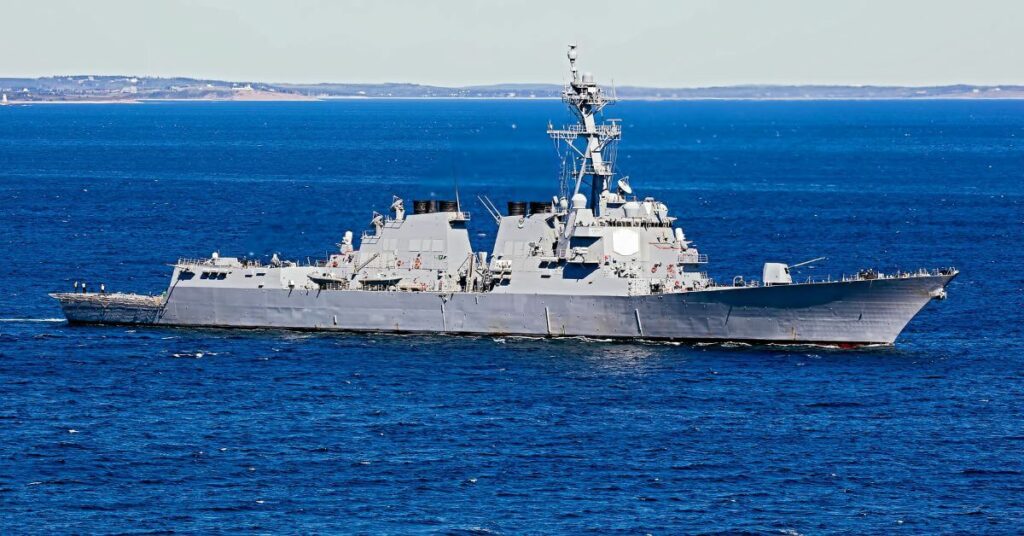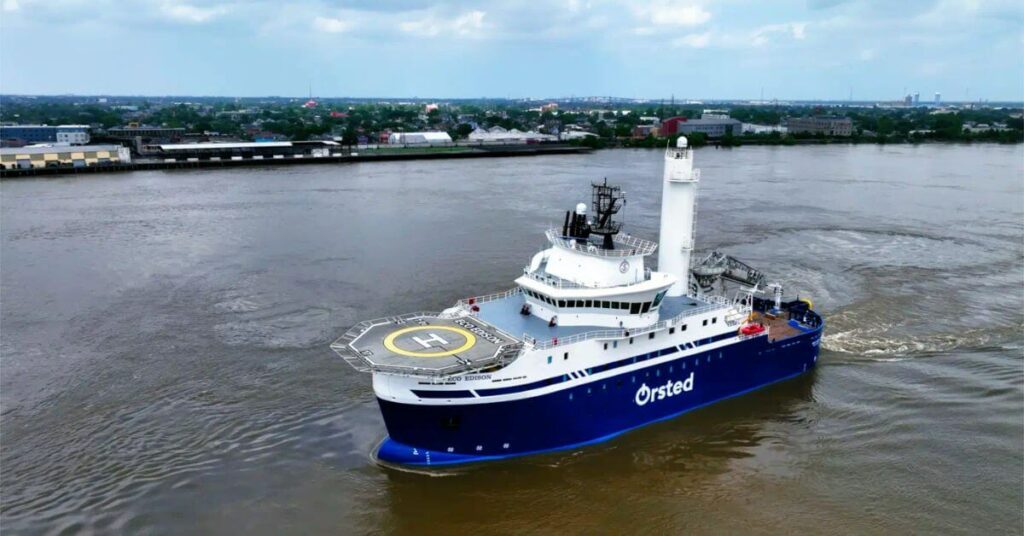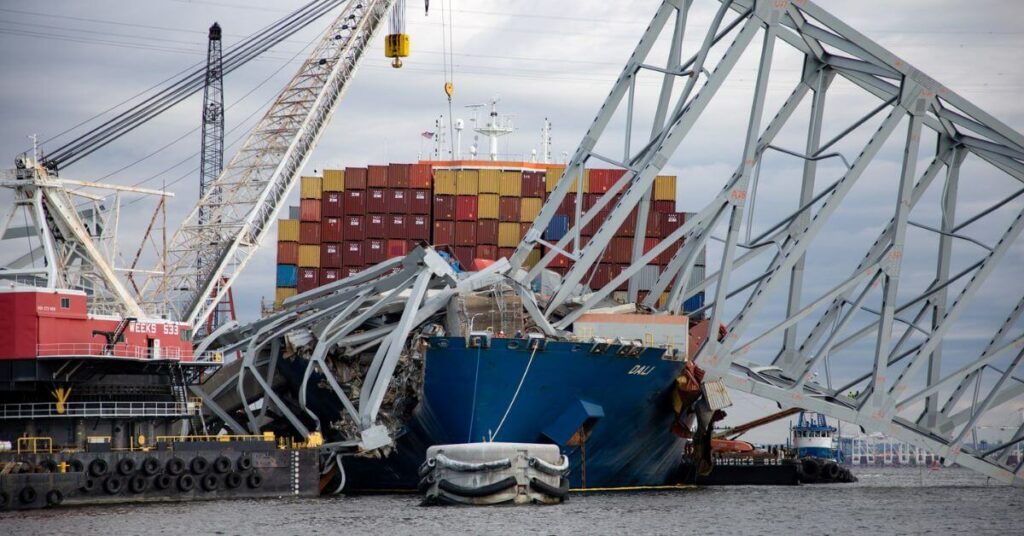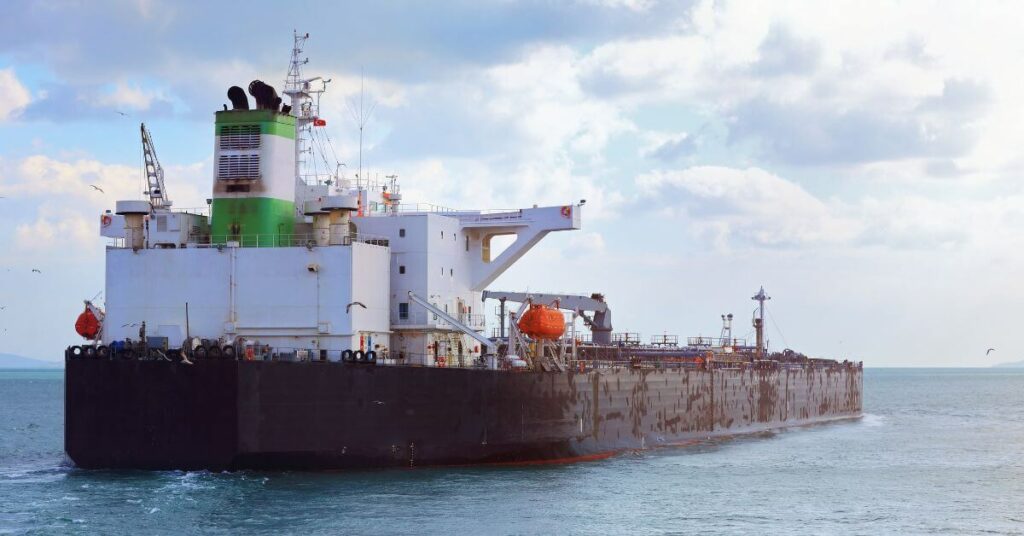U.S And Allies Leverage Artificial Intelligence For Advanced Naval Operation Actions
Armed forces are attempting to use AI more and more as a means of enhancing their performance. The US and its partners are using AI to assist with some of the most intricate naval operations in their playbook, as seen by recent declarations and exercises.
To film their actions and collect information for artificial intelligence products, the British military and its industrial partners carried out amphibious invasions over five days in October, utilizing some 130 people, 13 ships, crewed and uncrewed planes, and 50 cameras and sensors.

The exercises, which were carried out in difficult circumstances with wind gusting up to 40 knots, saw individuals boarding and leaving vehicles in numerous manners to produce data representative of different behavioural traits, according to an announcement from the British Ministry of Defence.
Per the announcement, the exercise involved the collection of visual, infrared, sonar, and radar data in addition to supporting “metadata” such as platform as well as weather, sensor locations, sea states, and other contextual data. More datasets will be created using the data for training AI algorithms to identify and assess the behaviour of items, such as boats, and the individuals that occupy them.
Large numbers of men and vehicles landing on the beach is a difficult task even in the best of circumstances, and it becomes even more difficult when facing enemy fire. In order to perform amphibious landings and other marine operations more effectively, British officials are collecting data on human behaviour as well as the natural environment during these operations.
Following the drill, James Cartlidge, the minister of defence procurement, said: Innovative, data-driven exercises like this demonstrate how AI may improve military capabilities, allowing to respond more effectively to the threats of today and tomorrow.
The majority of AI applications raise ethical questions, particularly when armed forces are engaged. A commitment to developing new AI technologies and using them in a safe, ethical, and responsible manner was highlighted by British politicians, as well as by its industry partners.
Farther from the coast, the British, Australian, and US navies are looking to AI for support in one of their trickiest and most time-consuming tasks: locating enemy submarines. In addition, the defence ministers of the AUKUS stated that their nations were committed to providing machine learning and AI technologies to improve force protection, intelligence, precision targeting, reconnaissance, and surveillance.
The ministers said that their nations wanted to seek “rapid adoption” of resilient as well as autonomous AI technologies in land and maritime operations, as well as incorporate them into national programs by 2024. AI is the way of the future in many ways. The US military and allies believe that in order to stay ahead of enemies, they must integrate it into their activities, intelligence-gathering, or procurement procedures.
Reference: Business Insider
Disclaimer :
The information contained in this website is for general information purposes only. While we endeavour to keep the information up to date and correct, we make no representations or warranties of any kind, express or implied, about the completeness, accuracy, reliability, suitability or availability with respect to the website or the information, products, services, or related graphics contained on the website for any purpose. Any reliance you place on such information is therefore strictly at your own risk.
In no event will we be liable for any loss or damage including without limitation, indirect or consequential loss or damage, or any loss or damage whatsoever arising from loss of data or profits arising out of, or in connection with, the use of this website.
Disclaimer :
The information contained in this website is for general information purposes only. While we endeavour to keep the information up to date and correct, we make no representations or warranties of any kind, express or implied, about the completeness, accuracy, reliability, suitability or availability with respect to the website or the information, products, services, or related graphics contained on the website for any purpose. Any reliance you place on such information is therefore strictly at your own risk.
In no event will we be liable for any loss or damage including without limitation, indirect or consequential loss or damage, or any loss or damage whatsoever arising from loss of data or profits arising out of, or in connection with, the use of this website.
About Author
Marine Insight News Network is a premier source for up-to-date, comprehensive, and insightful coverage of the maritime industry. Dedicated to offering the latest news, trends, and analyses in shipping, marine technology, regulations, and global maritime affairs, Marine Insight News Network prides itself on delivering accurate, engaging, and relevant information.

About Author
Marine Insight News Network is a premier source for up-to-date, comprehensive, and insightful coverage of the maritime industry. Dedicated to offering the latest news, trends, and analyses in shipping, marine technology, regulations, and global maritime affairs, Marine Insight News Network prides itself on delivering accurate, engaging, and relevant information.
Do you have info to share with us ? Suggest a correction
Latest Shipping News Articles You Would Like:
Daily Maritime News, Straight To Your Inbox
Sign Up To Get Daily Newsletters
Join over 60k+ people who read our daily newsletters
By subscribing, you agree to our Privacy Policy and may receive occasional deal communications; you can unsubscribe anytime.

